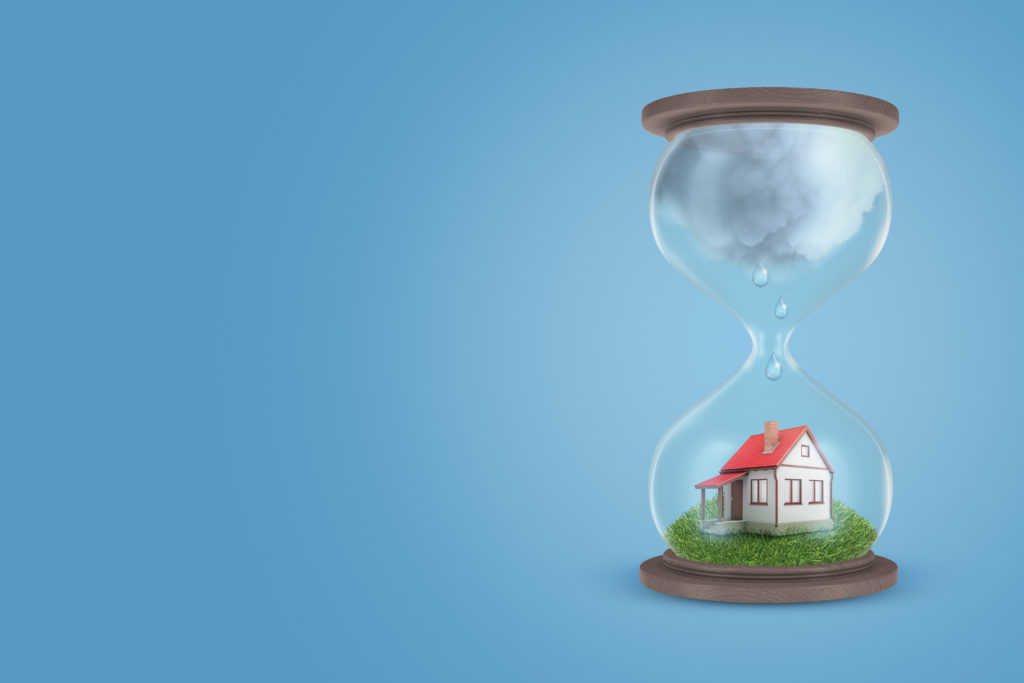There are many problems associated with establishing a company, and most of them stem from one source, which is finances.
Not everyone or groups has the unlimited deep pockets to whip out entire infrastructures and purchase licenses required to get going. As a result, many have turned to leasing until things fall in place.
Leasing has become very popular in Nigeria because of the high financial demands of industrialization and other manufacturing concerns. The leasing approach to investment reduces the strain on initial funding, therefore providing you with more flexibility. This article brings to you everything you need to know about leasing.
What is a lease?
Definition
Leasing is a means that helps you as an individual or corporate organizations acquire fixed assets that you might not have been able to purchase due to the financial requirements of such assets. The contractual form of leasing is called a lease, and it outlines the terms and conditions on which one party rents a property from another party.
The contract obligations guarantee the lessee (tenant) the property to use, and the lessor (property owner) payments at agreed intervals, for a specific duration (months or years).
How does a lease work?
In a lease, the lessee acquires an asset from the lessor, for use, without purchasing it. You make regular payments instead, throughout the duration in which you use the asset. It is like rent and return after a specific time agreement.
Benefits/ Advantages of taking a lease
- Tax benefit:
There are tax benefits for both parties involved in a lease agreement. The lessor (owner of the asset) can report depreciation as part of expenses in his financial book, therefore get the tax benefit. On the other hand, the lessee can claim the lease rentals to be an expense and also similarly get tax benefits.
- A lease is essentially an off-balance sheet item. It allows you to take control of an asset while avoiding ownership and the risks of ownership in the process.
- Steady cash flow:
Perhaps the most significant advantage of leasing. It spreads payment of the lease across several years, therefore saving you the burden of a one-time high amount payment. This helps your business maintain steady cash flow.
- Offers quality assets:
With a lease, your business can afford quality assets that you might not have been able to afford in a full purchase.
- Better usage of capital:
A lease eliminates the financial commitments that would have been required to purchase an asset. This allows you to use your business capital to fund other necessary needs.
- Low capital expenditure:
A lease offers significantly reduced cost on capital requirements for starting up your business.
- Flexibility:
For most leases, there is usually a clause to terminate the contract or outrightly purchase it. This offers you much flexibility as a business owner to save for purchase before the end of your lease or walk away.
Disadvantages and risks associated with taking a lease
- Lease expenses:
the payments made during a lease are treated as expenses instead of equity payments for an asset.
- Low financial benefits:
Although paying a lease for a property, you cannot benefit from any appreciation in value. Also, the contractual obligations of a lease remain on your business regardless of whether the assets serve its usefulness or not. In a situation where it is no longer useful, the lease agreement becomes a burden.
- Lower returns for shareholders:
A lease reduces the net income of business without adding any value. This, in turn, results in smaller or limited returns for equity shareholders.
- Debt:
The regular payment obligations of a lease are considered as long term debt, although it might not appear on the businesses’ balance sheet.
- A lease might cause investors to shy away from your business since it is considered as long time debts. Loans may become harder to access.
- No ownership:
The asset goes back to the lessor after the agreed duration.
- Maintain the asset during the lease period, hence extra costs.

Conclusion
Leasing is an excellent way to get started for businesses that cannot raise enough capital. If used wisely, you can navigate setting up your business till it can run on its feet, but a poor use could cause otherwise.
Make sure you carefully consider and analyze the importance of taking a lease before committing.







